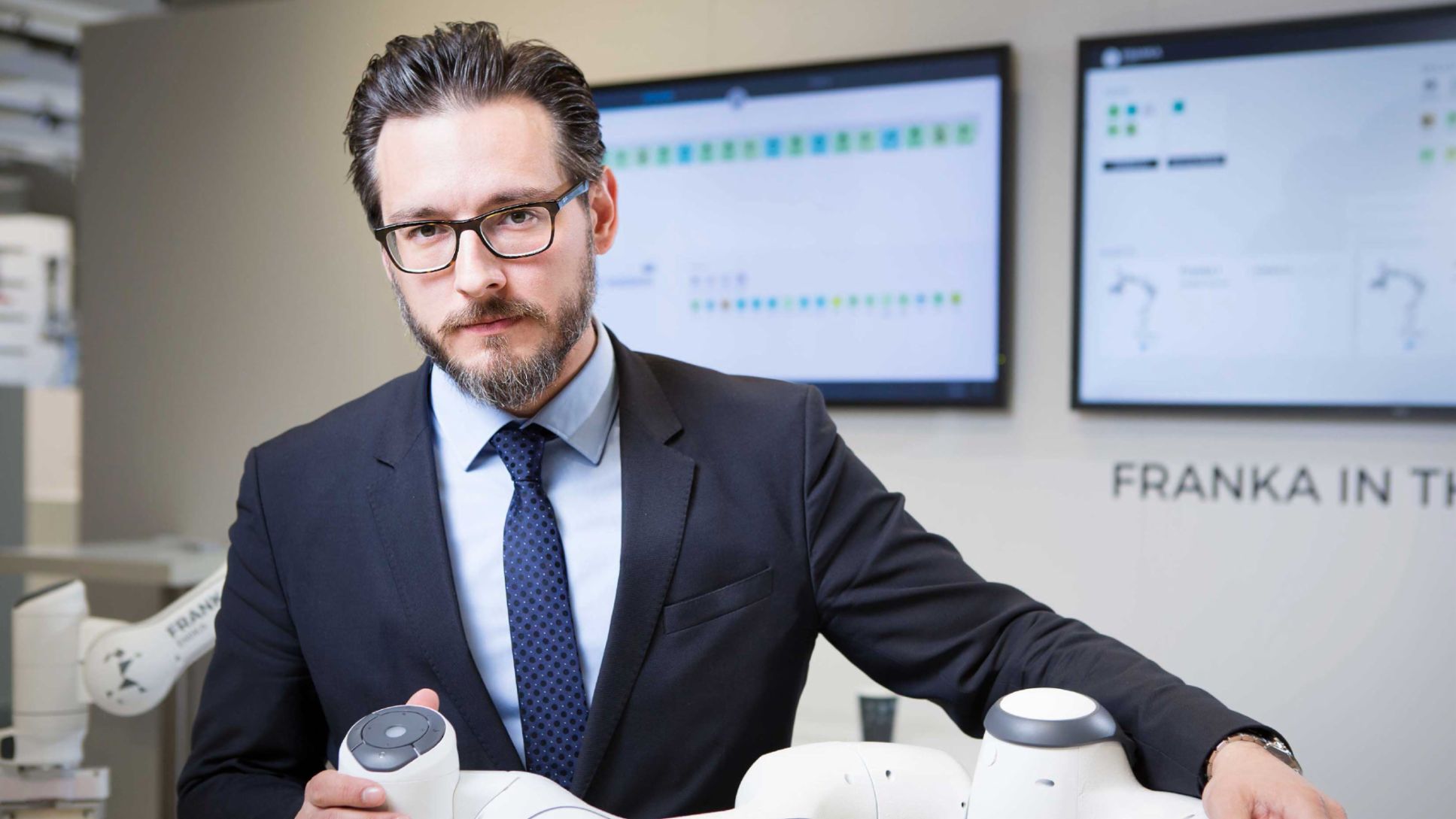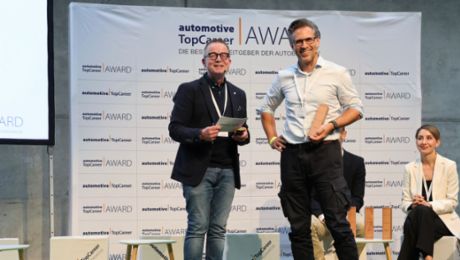The €250,000 prize was donated and awarded by the Federal President of Germany, Frank-Walter Steinmeier. Haddadin, a scientist at Leibniz Universität Hannover, is leading the way in the development and realisation of robots that are able to assist humans.
In an exclusive interview with the management consultancy Porsche Consulting, Haddadin stated: “For the first time, we have the technology to enable safe and sensitive cooperation and interaction between humans and robots. This technology includes real-time 3D image processing for environment and person recognition as well as learning speech recognition. Intelligent methods allow synchronized and coordinated movements of multiple actors. Highly sensitive robots would make it possible to close the ever more severe shortfalls in terms of medical treatment and care. With demographic change and rising life expectancies, the number of patients is growing much faster than the numbers of qualified personnel. With automated support and lower workloads for care staff for time-consuming and physically exhausting activities, staff could again turn their focus primarily to people in need of care.”
Study by Porsche Consulting: Respondents are open to the idea of using robots
A study conducted by Porsche Consulting revealed that many people in Germany would be willing to receive treatment or care from robots: Three out of four people in Germany would have no objection to being operated on by a robot instead of a surgeon at hospitals. Forty-one percent of respondents linked their “yes” to this question to the condition that the risk associated with the procedure would be lower when performed by a robot than by a doctor.
People in Germany are similarly open to the idea of using robots to provide old-age care. Lifting patients out of bed, dispensing medications, delivering food and drinks – typical tasks done by caregivers could soon also be performed by computer-controlled robots. Fifty-six percent of respondents would allow caregiving services to be provided by machines. As part of the study, Porsche Consulting examined the reasons for this position. A shortage of qualified caregiving personnel would prompt 37 percent of respondents to accept a robot caregiver. And 36 percent would accept a robot if that would enable them to stay at home and avoid having to move to a caregiving facility.
Info
Photo: Franka Emika GmbH


.jpg/jcr:content/MANTURKIYE_IMG_0139_16_9%20(1).jpg)

